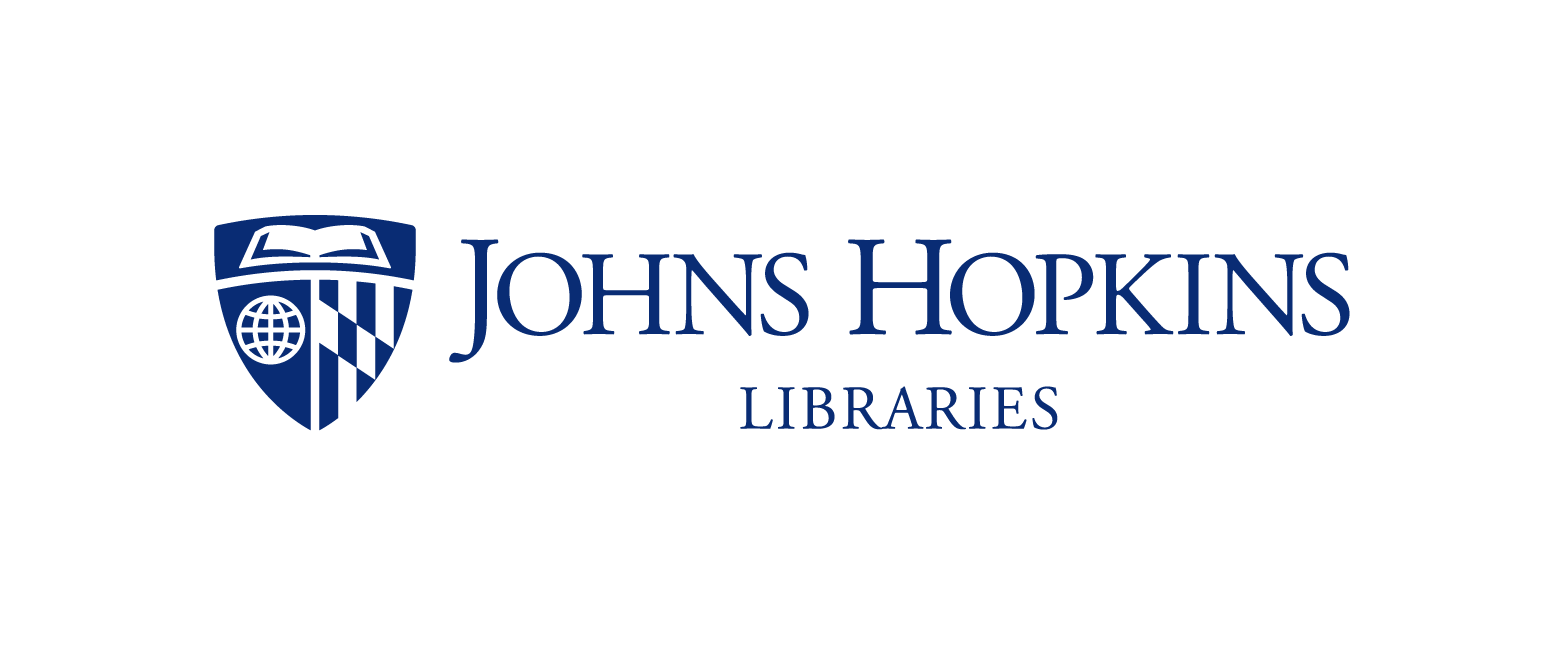Charlie Byrd papers
Scope and Contents
The Charlie Byrd papers, approximately 1926-2008, contain scores, professional documents, photographs, and recordings assembled by the jazz guitarist. Series 1 and 2 consist of Byrd's collection of manuscript and printed musical scores, including scores of his own compositions and arrangements. Many of the scores contain Byrd's markings for performance and study.
Series 3 contains documents related to Byrd's career as a musician. These include publicity materials such as clippings, programs, posters, and other promotional documents; subject files; contracts; and assorted awards and realia. Series 4 contains photographs of Byrd. Series 5 contains sound and video recordings of Byrd, most of which are unpublished.
Dates
- Creation: approximately 1926-2008
Creator
- Byrd, Charlie, 1925-1999 (Person)
Conditions Governing Use
Single copies may be made for research purposes. Researchers are responsible for determining any copyright questions. It is not necessary to seek our permission as the owner of the physical work to publish or otherwise use public domain materials that we have made available for use, unless Johns Hopkins University holds the copyright. All requests for permission to publish or perform materials in this collection must be submitted in writing to the archivist of the Arthur Friedheim Library.
Biographical / Historical
Charlie Byrd (1925-1999) was an American guitarist known for performing jazz, Brazilian music, and classical music. Byrd grew up in Chuckatuck, Virginia, where he began studying music with his father. While serving in the U.S. Army during World War II, Byrd met the guitarist Django Reinhardt in Paris. After returning to the United States, Byrd began playing classical guitar, eventually studying with Sophocles Papas and Andrés Segovia in the 1950s. He lived in Washington, D.C., performing with small ensembles that sometimes included his brother, bassist Joe Byrd (a 1962 Peabody Conservatory graduate), and his first wife, singer Ginny Byrd.
A 1961 tour to South America sponsored by the U.S. State Department helped fuel Byrd's interest in Brazilian music, particularly bossa nova. The following year he recorded the album Jazz Samba with saxophonist Stan Getz. He made several State Department tours during his career, including trips to India and the Philippines.
In the 1970s Byrd played in a group known as the Great Guitars with Barney Kessel and Herb Ellis. In the 1980s and 1990s he led the Charlie Byrd Trio with Joe Byrd and percussionist Chuck Redd, and performed with the Washington Guitar Quintet and the Annapolis Brass Quintet.
Byrd is credited on dozens of published recordings, most of which were for the Riverside, Columbia, or Concord record labels. He also recorded music for the Great Chefs television program.
Byrd lived in Annapolis, Maryland, from 1973 until his death in 1999.
Extent
30 Cubic Feet (75 boxes and 46 media items)
Language of Materials
English
Abstract
Charlie Byrd (1925-1999) was an American guitarist known for performing jazz, Brazilian music, and classical music. He was based in Washington, D.C., and Annapolis, Maryland, for much of his career and performed globally, including on U.S. State Department tours to South America and India. In the 1980s and 1990s he led the Charlie Byrd Trio, which included his brother, bassist Joe Byrd.
Series 1 and 2 of the Charlie Byrd papers consist of Byrd's collection of manuscript and printed musical scores, including scores of his own compositions and arrangements. Many of the scores contain Byrd's markings for performance and study. Series 3 contains documents related to Byrd's career as a musician. These include publicity materials such as clippings, programs, posters, and other promotional documents; subject files; contracts; and assorted awards and realia. Series 4 contains photographs of Byrd. Series 5 contains sound and video recordings of Byrd, most of which are unpublished.
Physical Characteristics and Technical Requirements
Media formats in series 5 include 1/4-inch open-reel audiotape, audiocassette, 45-rpm phonographic disc, audio CD, and several videotape formats. Access to these items may be limited depending on the physical condition of each item, as well as the department's ability to support the playback of recordings stored on outdated media. Please contact the Arthur Friedheim Library Archives for more information.
Immediate Source of Acquisition
Scores and other documents donated by Charlie Byrd in 1999. Professional documents and most recordings donated by Rebecca Byrd, 2010-2012.
Existence and Location of Copies
Two scrapbooks are available on microfilm at the Arthur Friedheim Library. See https://catalyst.library.jhu.edu/permalink/01JHU_INST/1lu78g9/alma991008350439707861.
A small selection of materials from the Charlie Byrd papers and Joe Byrd papers were scanned in 2016 and added to the Charlie and Joe Byrd digital collection at https://peabody.contentdm.oclc.org/digital/collection/p16613coll21
Processing Information
Preliminary processing by Elizabeth Schaaf, 1999-2001. Series 1-2 processed by Wilda Heiss, 2010-2012, and Nathan Cornelius, 2016. Series 3-5 processed by Matt Testa in 2024, with assistance from Carlos Meyers.
Source
- Byrd, Charlie, 1925-1999 (Donor, Person)
- Byrd, Rebecca A. (Donor, Person)
Subject
- Byrd, Joe (Person)
Cultural context
Genre / Form
- clippings (information artifacts)
- concert programs
- photographs
- scores (documents for music)
- sound recordings
- videocassettes
Occupation
Topical
- Title
- Guide to the Charlie Byrd papers
- Status
- Completed
- Author
- Matt Testa
- Date
- 2024
- Description rules
- Describing Archives: A Content Standard
- Language of description
- English
- Script of description
- Latin
- TypeCollection
Repository Details
Part of the Peabody Archives Repository
Peabody Institute
1 E. Mount Vernon Place
Baltimore MD 21202 USA
peabodyarchives@lists.jhu.edu
